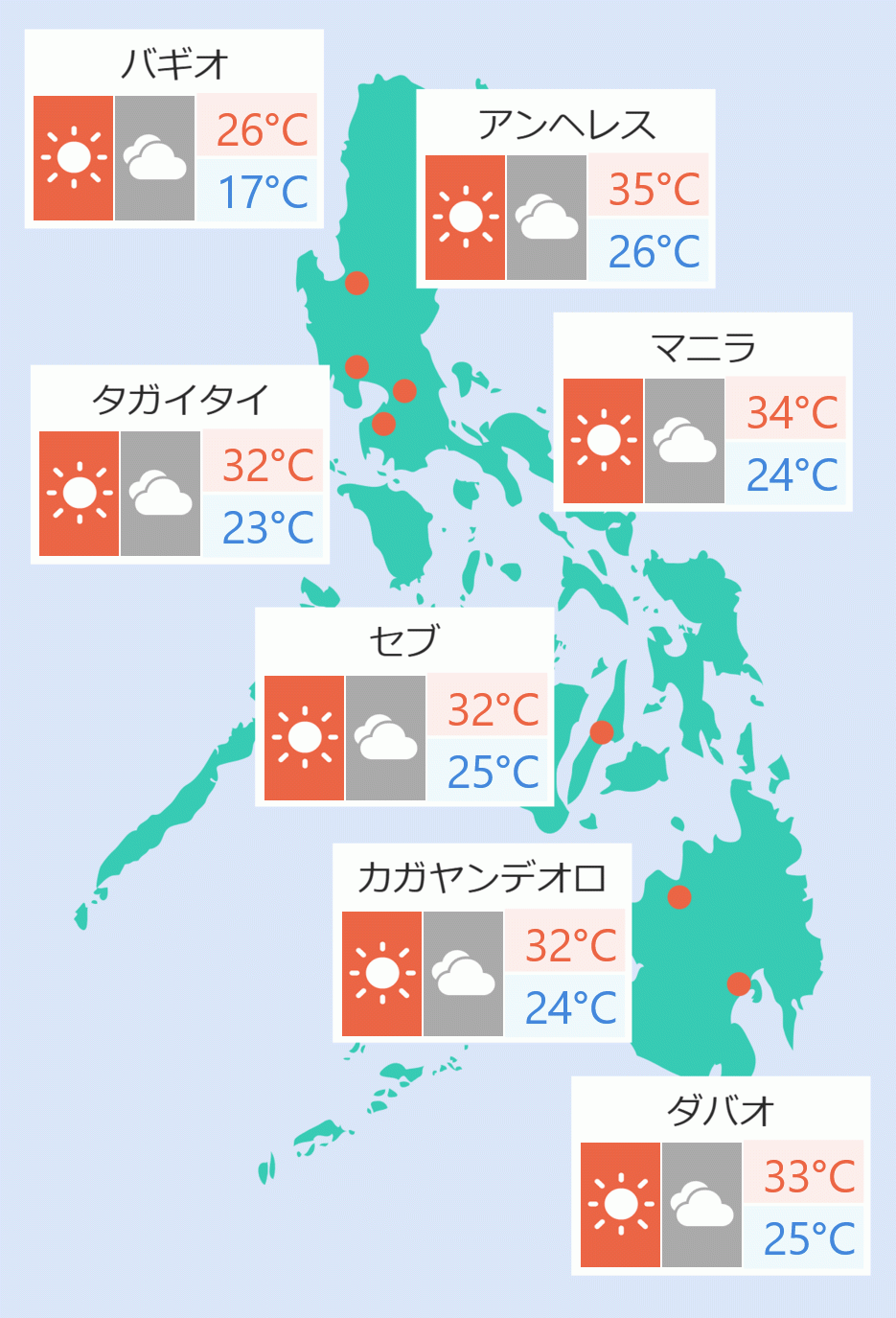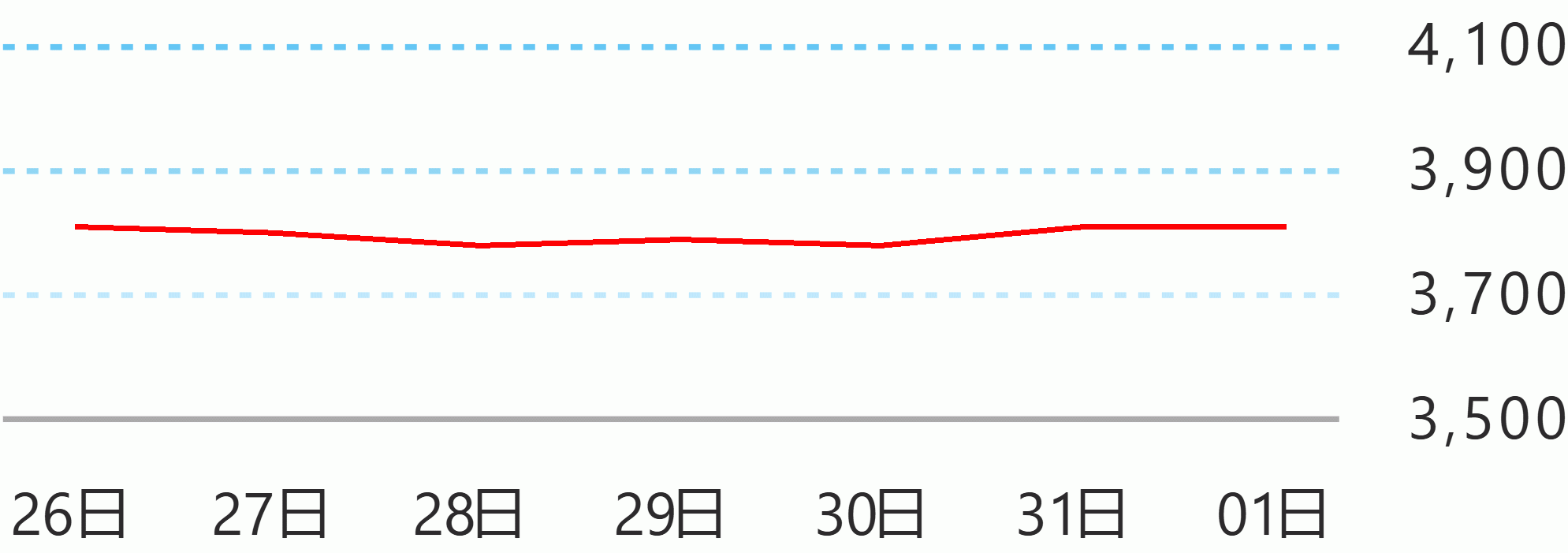Malacañang said on Thursday that malls and shopping centers in areas under general community should turn off the free WiFi and suspend sales and marketing events and other promotional activities in order not to attract large crowds.
In a virtual press briefing, Presidential Spokesperson Harry Roque said this was part of the guidelines on the operations of malls and shopping centers under GCQ that the Inter-Agency Task Force for the Management of Emerging Infectious Diseases approved.
"The aircon should not be cold, (it must be regulated at) 26 degrees Centigrade and there should be no WiFi because if it's cold and there's WiFi, many will stay there," he said.
"There should also be no sales and marketing events that could attract more people," he added.
Under the GCQ, malls and other shopping centers are allowed to operate partially.
Other measures that need to be followed by these establishments include: limiting the number of people inside to a density of not more than one person per two square meters; reducing number of open entrances; allowing only one companion for senior citizens, pregnant women, and persons with disabilities; ensuring social distancing of one meter; assigning personnel in high-density areas; standing on every other step of the escalator; limiting access to elevators to senior citizens, PWDs, and pregnant women, and total passengers to only half of the original standard capacity;
Marking or reducing the seats available for waiting; creating one-way flow to decongest queues and facilitate movement; increasing police visibility; designate a centralized pick up location for delivery service providers; and implement other measures necessary, like express lanes.
President Rodrigo Duterte also institutionalized the "Balik Probinssya, Bagong Pag-asa Program" as a pillar of balanced regional development, creating council thereof through an executive order, Roque said.
Under the Balik Probinsya program, among the long term plans include the establishment of new ecozones in growth centers and passage of laws on government decentralization, tax incentives, and private and business opportunities. Celerina Monte/DMS





 English
English










